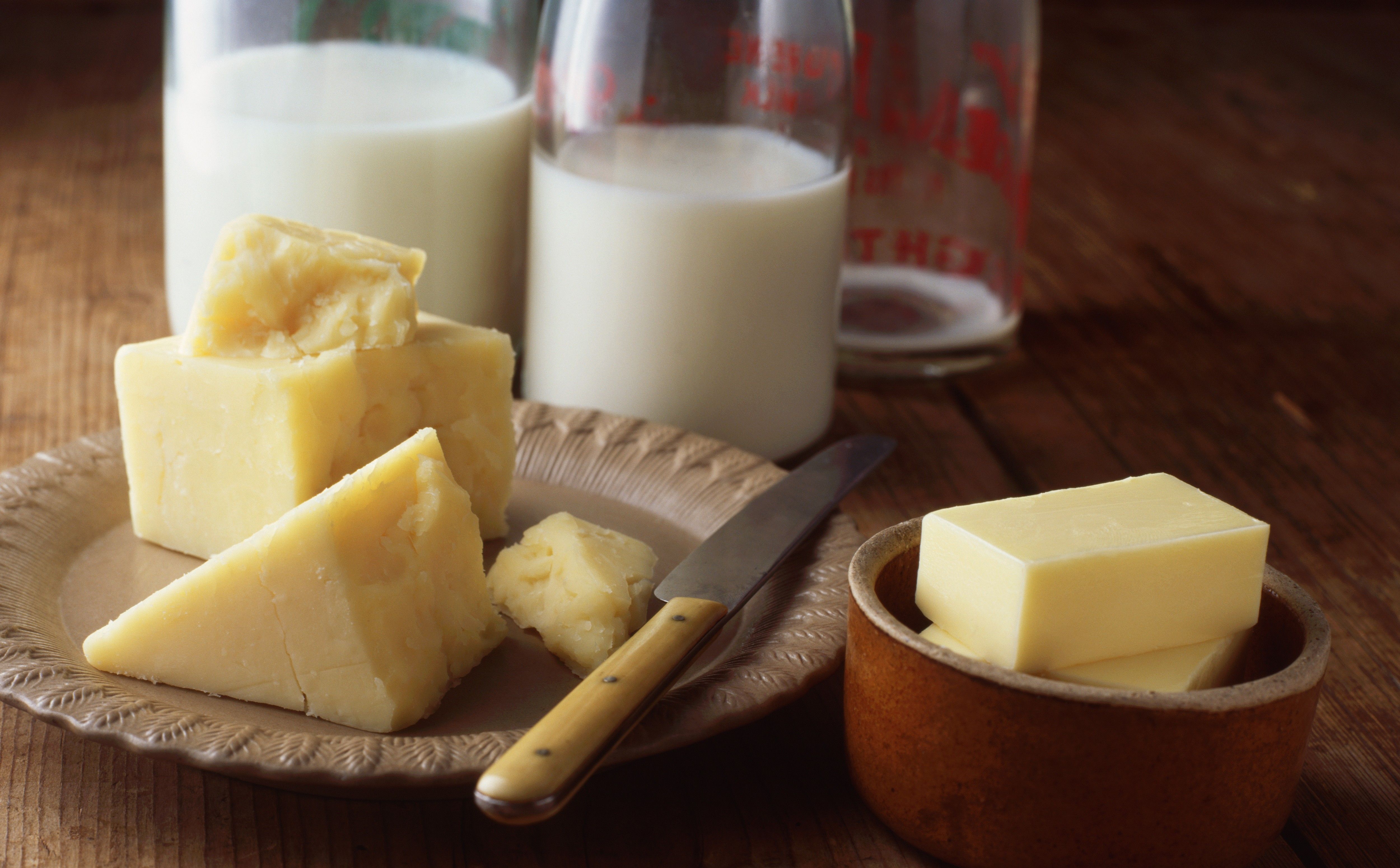'Eating habit' may be key culprit behind sleep disruptions affecting millions of Britons

Improved awareness of food intolerances could help Britons boost their sleep quality
Don't Miss
Most Read
Latest
Consuming dairy products can lead to nightmares and disrupted sleep, particularly for those with lactose intolerance, new research has revealed.
A study of more than 1,000 university students has found a strong link between lactose intolerance and nightmare severity.
Scientists believe that digestive discomfort from dairy consumption during the night directly affects the content and quality of dreams.
The findings suggest that simple dietary changes could help nearly 14 million Britons believed to be suffering from sleep disturbances.

Nightmares can be particularly disruptive to sleep
|GETTY
The research, conducted at MacEwan University and led by Dr Tore Nielsen of Université de Montréal, provides scientific backing for long-held folk beliefs about food affecting sleep quality.
The survey questioned 1,082 students about their sleep quality, eating habits and any perceived connections between the two.
Approximately one-third of participants reported experiencing regular nightmares.
"Nightmare severity is robustly associated with lactose intolerance and other food allergies," said Dr Tore Nielsen, lead author of the article published in Frontiers in Psychology.
Women were nearly twice as likely as men to report food intolerances or allergies and were more prone to remembering dreams and experiencing poor sleep.
Around 40 per cent of participants believed that late-night eating or specific foods affected their sleep, with roughly 25 per cent thinking certain foods worsened their rest.
The research found that lactose intolerance was specifically associated with gastrointestinal symptoms, nightmares and poor sleep quality.
When participants were asked which foods they blamed for disturbed sleep, dairy products featured prominently alongside sweets and spicy foods.
"Nightmares are worse for lactose-intolerant people who suffer severe gastrointestinal symptoms and whose sleep is disrupted," Dr Nielsen explained.
"This makes sense, because we know that other bodily sensations can affect dreaming."
He noted that nightmares can be particularly disruptive as they tend to wake people in a distressed state.
"They might also produce sleep avoidance behaviours. Both symptoms can rob you of restful sleep."
The findings suggest that dietary interventions could potentially help improve sleep quality for those affected.
Dr Nielsen noted that improved awareness of food intolerances may already be having an impact, as fewer participants reported food-dream connections compared to a similar study conducted eleven years earlier.
LATEST DEVELOPMENTS

Nightmares may be worse for lactose-intolerant people who suffer severe gastrointestinal symptoms
|GETTY
"These new findings imply that changing eating habits for people with some food sensitivities could alleviate nightmares," Dr Nielsen said.
"They could also explain why people so often blame dairy for bad dreams!"
The researchers plan to conduct experimental studies to confirm the findings.
"We would like to run a study in which we ask people to ingest cheese products versus some control food before sleep to see if this alters their sleep or dreams," Dr Nielsen explained.











